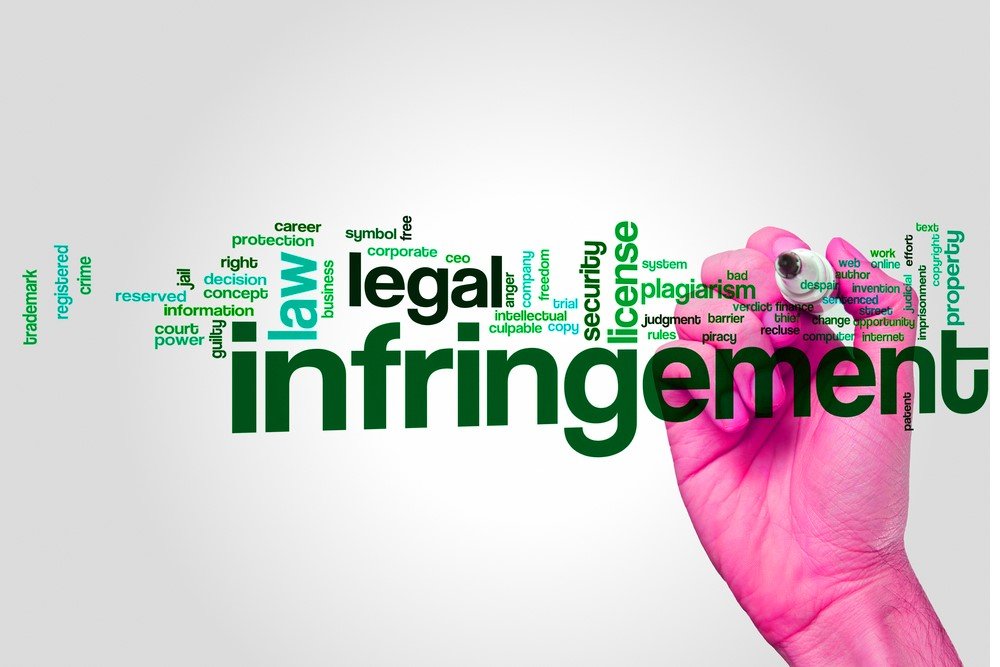Creative Industries’ Use of Intellectual Property: Opportunities and Difficulties

Creative industries encompass a broad spectrum of sectors that rely on human creativity and intellectual capital to generate value. From visual arts and design to film, music, and software development, these industries play a significant role in driving economic growth and cultural enrichment. Central to the success of creative industries is the effective management of intellectual property (IP), which serves as the foundation for protecting and monetizing creative works.
Contents
- 1 Understanding Intellectual Property
- 2 Role of Intellectual Property in Creative Industries
- 3 Opportunities in Creative Industries
- 4 Challenges Faced by Creative Industries
- 5 Legal Framework and Intellectual Property Rights
- 6 Strategies for Protecting Intellectual Property
- 7 Collaboration and Innovation in Creative Industries
- 8 Technological Advancements and IP Management
- 9 Future Trends in Creative Industries and IP
- 10 Case Studies
- 11 Ethical Considerations
- 12 Conclusion
- 13 FAQs
Understanding Intellectual Property
Intellectual property refers to creations of the mind, such as inventions, literary and artistic works, designs, symbols, names, and images used in commerce. It is protected by various legal mechanisms, including copyrights, trademarks, patents, and trade secrets. These protections enable creators and innovators to control the use and distribution of their works, thereby incentivizing further innovation and investment in creative endeavors.
Role of Intellectual Property in Creative Industries
In the realm of creative industries, intellectual property plays a pivotal role in shaping business models, fostering innovation, and driving revenue growth. By securing exclusive rights to their creations, artists, designers, and content creators can monetize their works through licensing agreements, merchandising, and distribution deals. Moreover, IP protection encourages investment in creative ventures by assuring investors and stakeholders that their contributions will be safeguarded against unauthorized use or reproduction.
Opportunities in Creative Industries
The utilization of intellectual property in creative industries offers a myriad of opportunities for economic growth and market expansion. Through effective IP management, businesses can leverage their intangible assets to gain a competitive edge, attract investment, and capitalize on emerging market trends. Additionally, IP rights enable creators to explore new revenue streams through licensing arrangements, franchising, and cross-platform distribution, thereby maximizing the commercial potential of their works.
Challenges Faced by Creative Industries
Despite the numerous benefits of intellectual property protection, creative industries also face significant challenges in safeguarding their assets and maintaining market exclusivity. One of the primary concerns is the rampant proliferation of counterfeit goods and digital piracy, which undermines the economic value of creative works and erodes the incentives for innovation. Additionally, navigating the complex landscape of IP rights enforcement and litigation can be daunting for small businesses and independent creators, often requiring substantial financial resources and legal expertise.
Legal Framework and Intellectual Property Rights
To address the complexities of intellectual property in creative industries, a robust legal framework is essential to provide clarity and enforceability of IP rights. International agreements such as the Berne Convention for the Protection of Literary and Artistic Works and the Agreement on Trade-Related Aspects of Intellectual Property Rights (TRIPS) establish minimum standards for copyright protection and enforcement across borders. Domestically, legislative measures such as the Digital Millennium Copyright Act (DMCA) and the European Union Intellectual Property Office (EUIPO) provide mechanisms for addressing online infringement and counterfeiting activities.
Read More: Intellectual Property Management Strategies for Businesses
Strategies for Protecting Intellectual Property
Effective IP management requires a proactive approach to safeguarding creative assets against infringement and unauthorized use. Implementing robust copyright, trademark, and patent strategies, including registration and enforcement measures, is crucial for maintaining market exclusivity and deterring potential infringers. Furthermore, adopting technological solutions such as digital rights management (DRM) and blockchain-based authentication can enhance the security and traceability of creative works in digital environments.
Collaboration and Innovation in Creative Industries
Collaboration and partnerships play a pivotal role in driving innovation and expanding the reach of creative industries while safeguarding intellectual property rights. By fostering collaborative ecosystems and cross-industry alliances, creative businesses can pool resources, share expertise, and collectively address common challenges such as IP infringement and piracy. Moreover, strategic collaborations with technology firms and IP management companies can facilitate the development of innovative solutions for IP protection and enforcement.
Technological Advancements and IP Management
The advent of digital technologies has revolutionized the landscape of IP management, offering new tools and methodologies for protecting and monetizing creative assets. Blockchain technology, for instance, enables immutable and transparent record-keeping of IP rights, reducing the risk of unauthorized use and counterfeit reproduction. Similarly, artificial intelligence (AI) and machine learning algorithms can analyze vast amounts of data to detect and prevent IP infringement in real time, thereby enhancing the efficiency of enforcement efforts.
Future Trends in Creative Industries and IP
Looking ahead, the future of intellectual property in creative industries is marked by both opportunities and challenges driven by technological advancements, evolving consumer behaviors, and regulatory changes. Emerging trends such as augmented reality (AR), virtual reality (VR), and the Internet of Things (IoT) present new avenues for creative expression and content distribution, albeit with accompanying risks of IP infringement and privacy concerns. Moreover, the rise of digital platforms and streaming services necessitates innovative IP management strategies to address the complexities of online content distribution and piracy prevention.
Case Studies
Several case studies illustrate the importance of effective IP management in creative industries and the significant impact it can have on business success. For example, the Walt Disney Company’s rigorous enforcement of trademark and copyright protections has enabled it to build a globally recognized brand portfolio spanning film, television, theme parks, and consumer products. Similarly, the fashion industry relies heavily on design patents and trademark registrations to safeguard its intellectual property and combat counterfeit fashion goods in the global marketplace.
Ethical Considerations
In the pursuit of protecting intellectual property rights, creative industries must also consider ethical implications such as fair use, cultural appropriation, and accessibility of creative works. Balancing the need for IP protection with the principles of open access and cultural diversity requires thoughtful consideration and responsible stewardship of creative assets. Moreover, fostering a culture of respect for intellectual property rights and promoting ethical consumption practices can contribute to a sustainable and inclusive creative ecosystem.
Read More: Global Perspectives on Intellectual Property Protection
Conclusion
In conclusion, the effective management of intellectual property is paramount to the success and sustainability of creative industries. By leveraging IP rights to protect and monetize creative assets, businesses can capitalize on opportunities for economic growth, innovation, and market expansion. However, navigating the complexities of IP enforcement and addressing emerging challenges such as digital piracy and technological disruption require a strategic and collaborative approach. By embracing innovation, ethical stewardship, and proactive IP management, creative industries can thrive in an ever-evolving global marketplace.
FAQs
What are the different types of intellectual property?
Intellectual property includes copyrights, trademarks, patents, and trade secrets.
How can small creative businesses protect their intellectual property?
Small businesses can protect their IP through registrations, contracts, and proactive enforcement measures.
What is the role of copyright in protecting creative works?
Copyright grants exclusive rights to creators for their original works, preventing unauthorized use or reproduction.
How does intellectual property impact the valuation of creative businesses?
Intellectual property adds value to creative businesses by protecting their intangible assets and revenue streams.
What are the potential consequences of IP infringement in creative industries?
IP infringement can lead to financial losses, damage to reputation, and legal liabilities for creative businesses.




